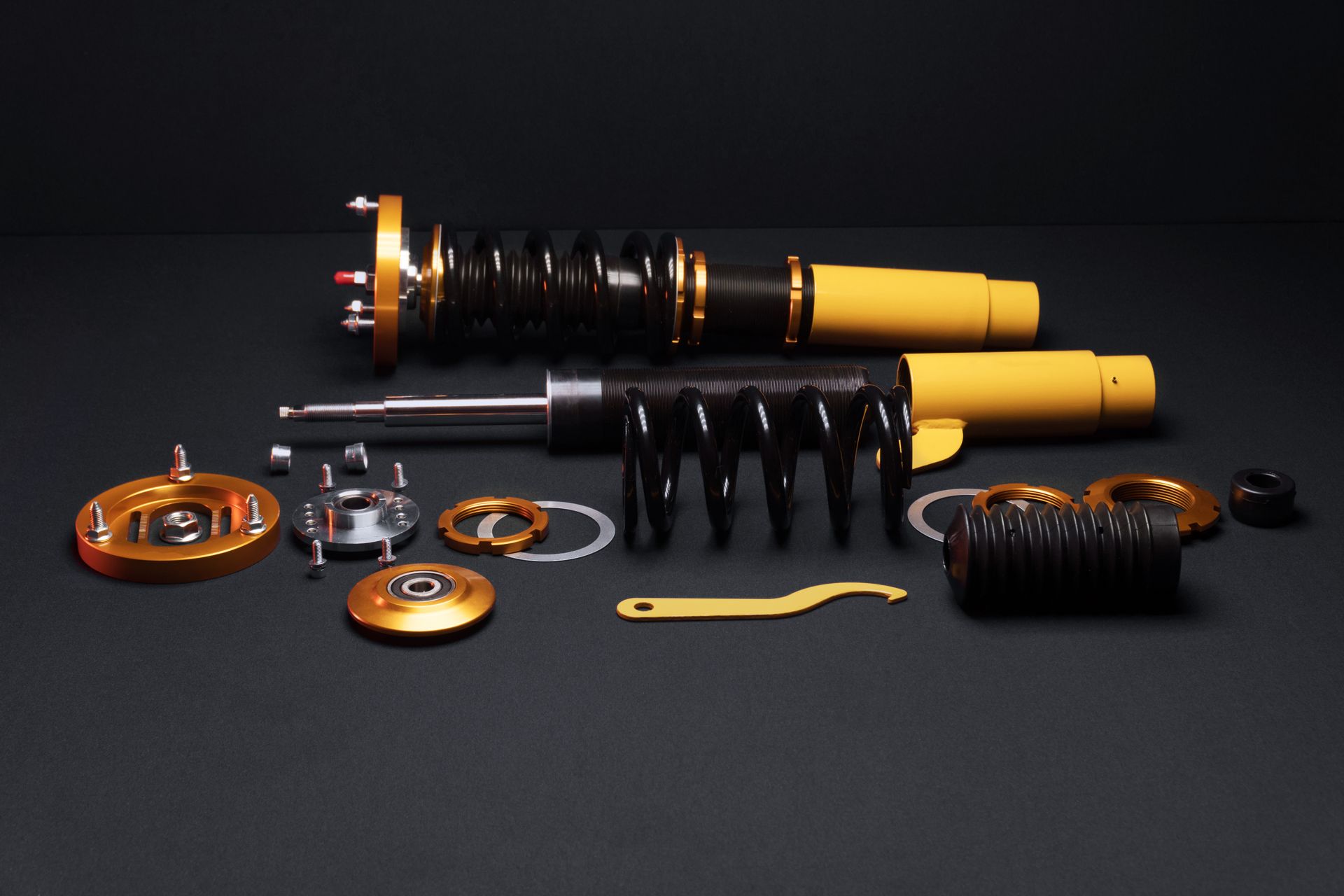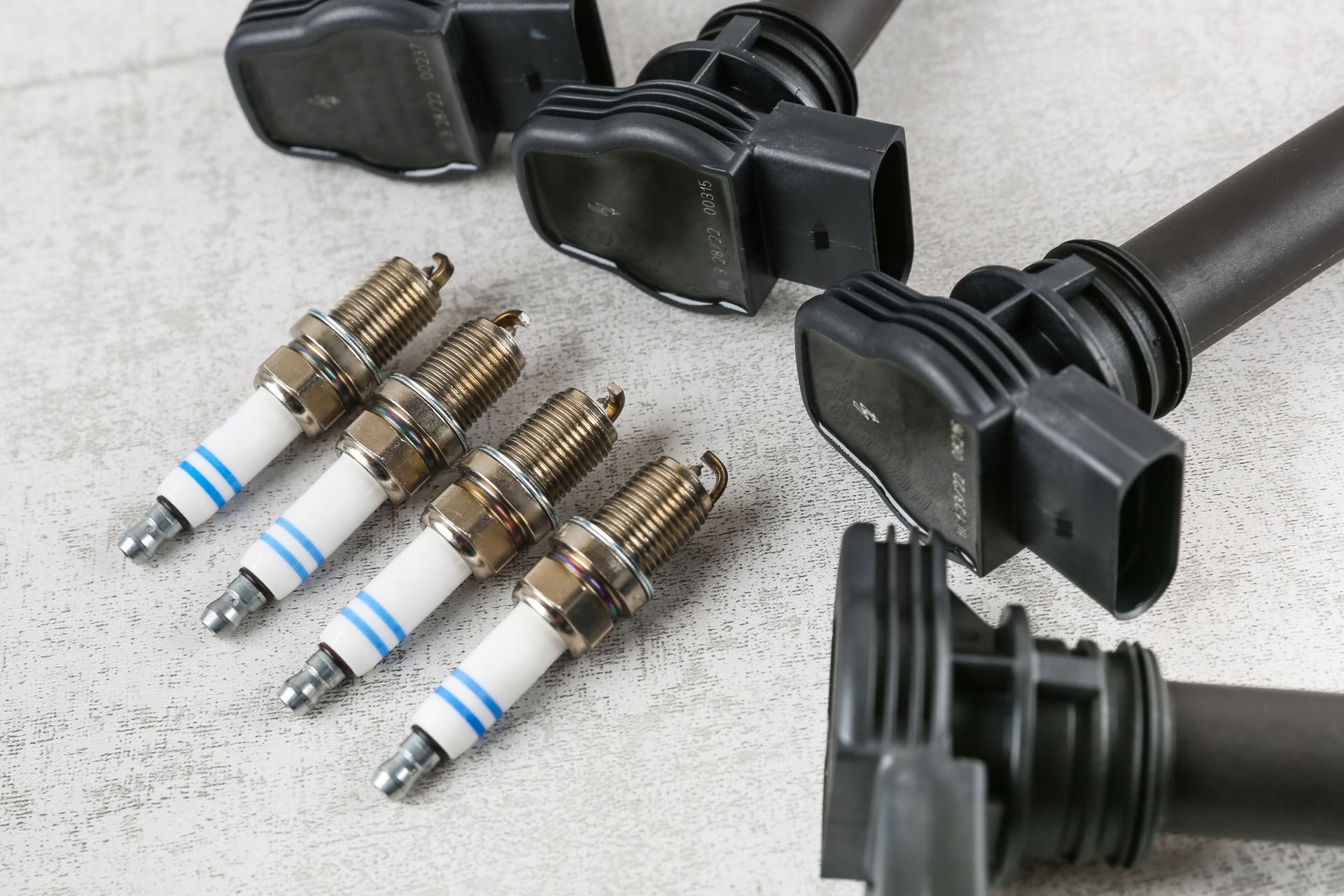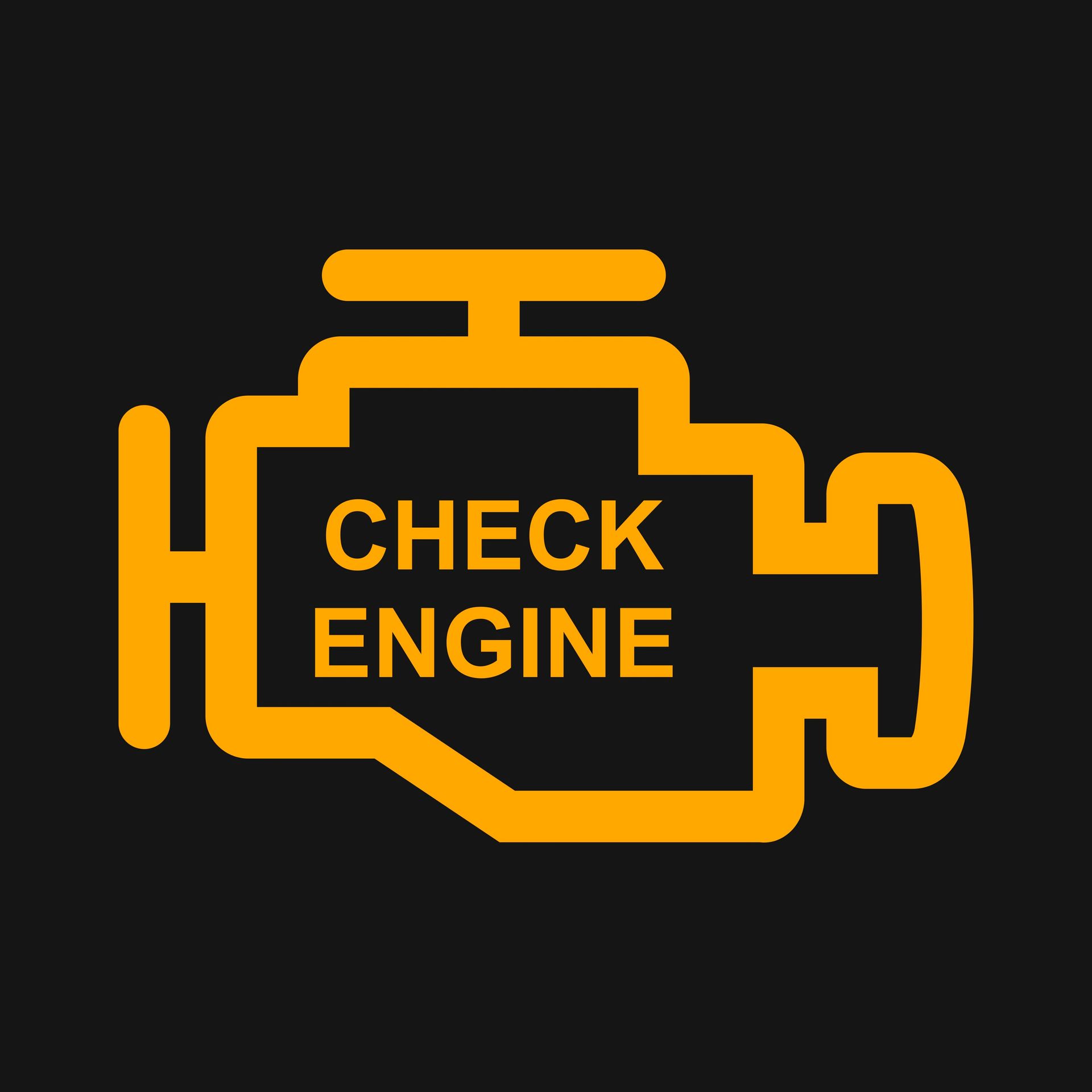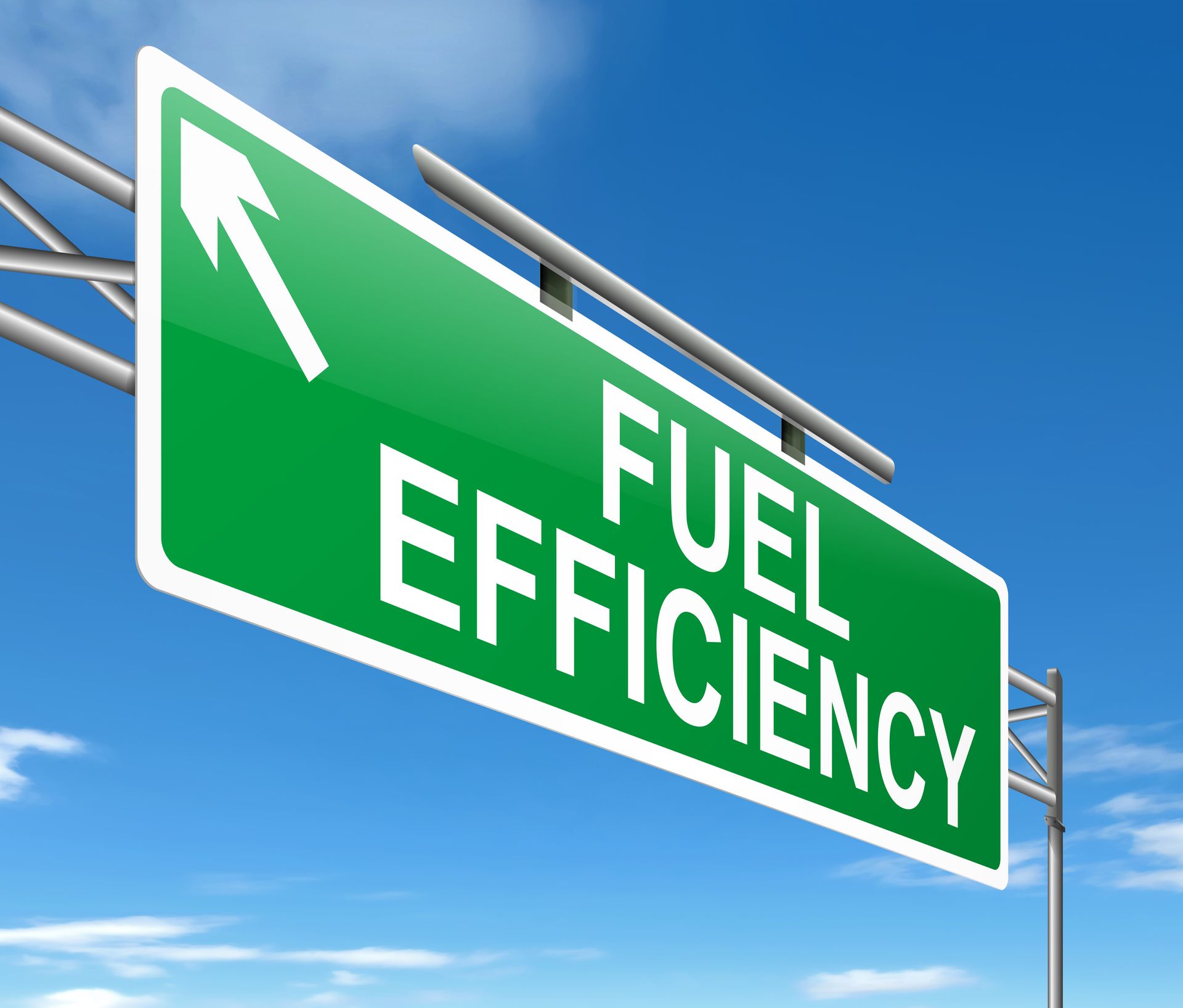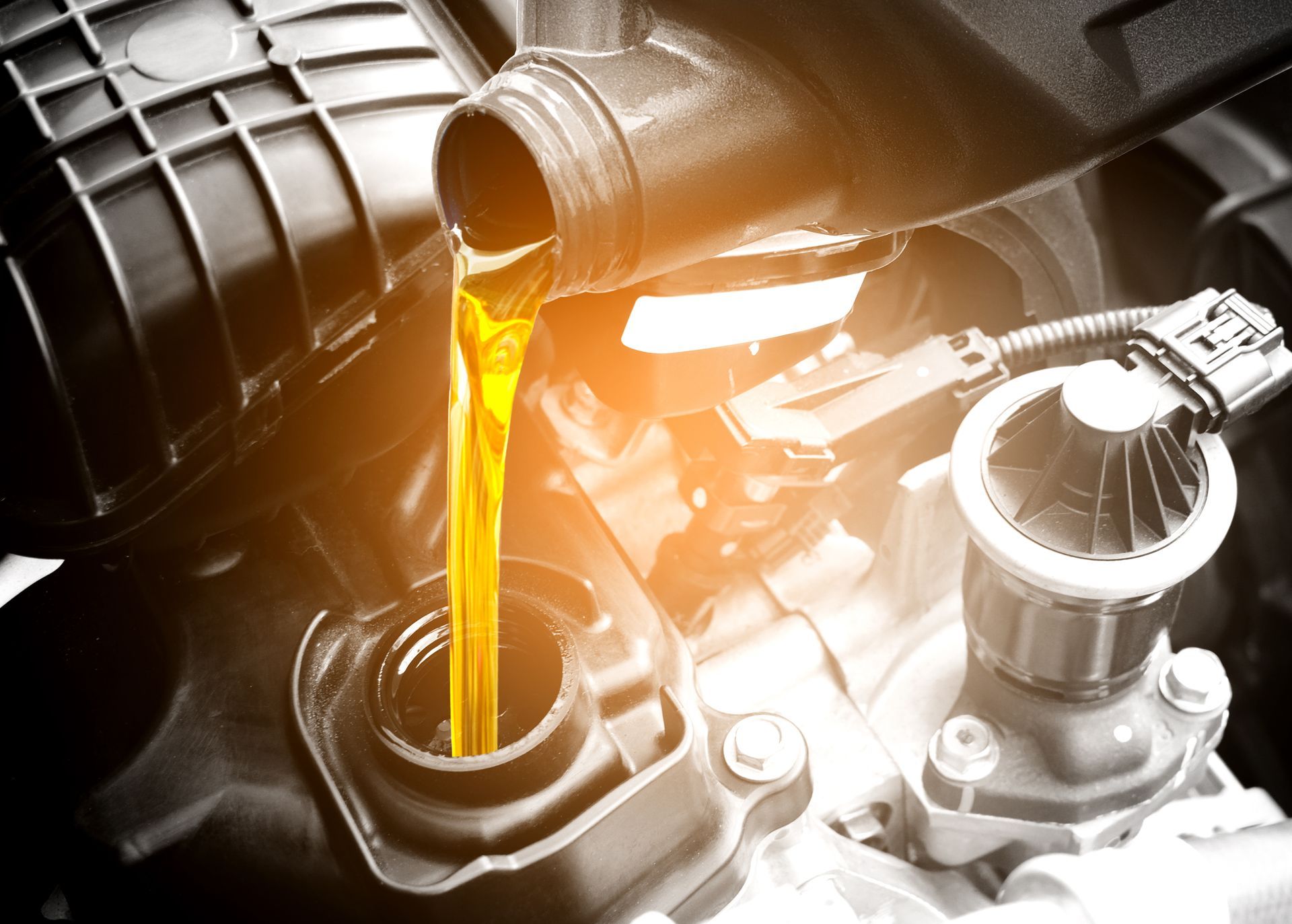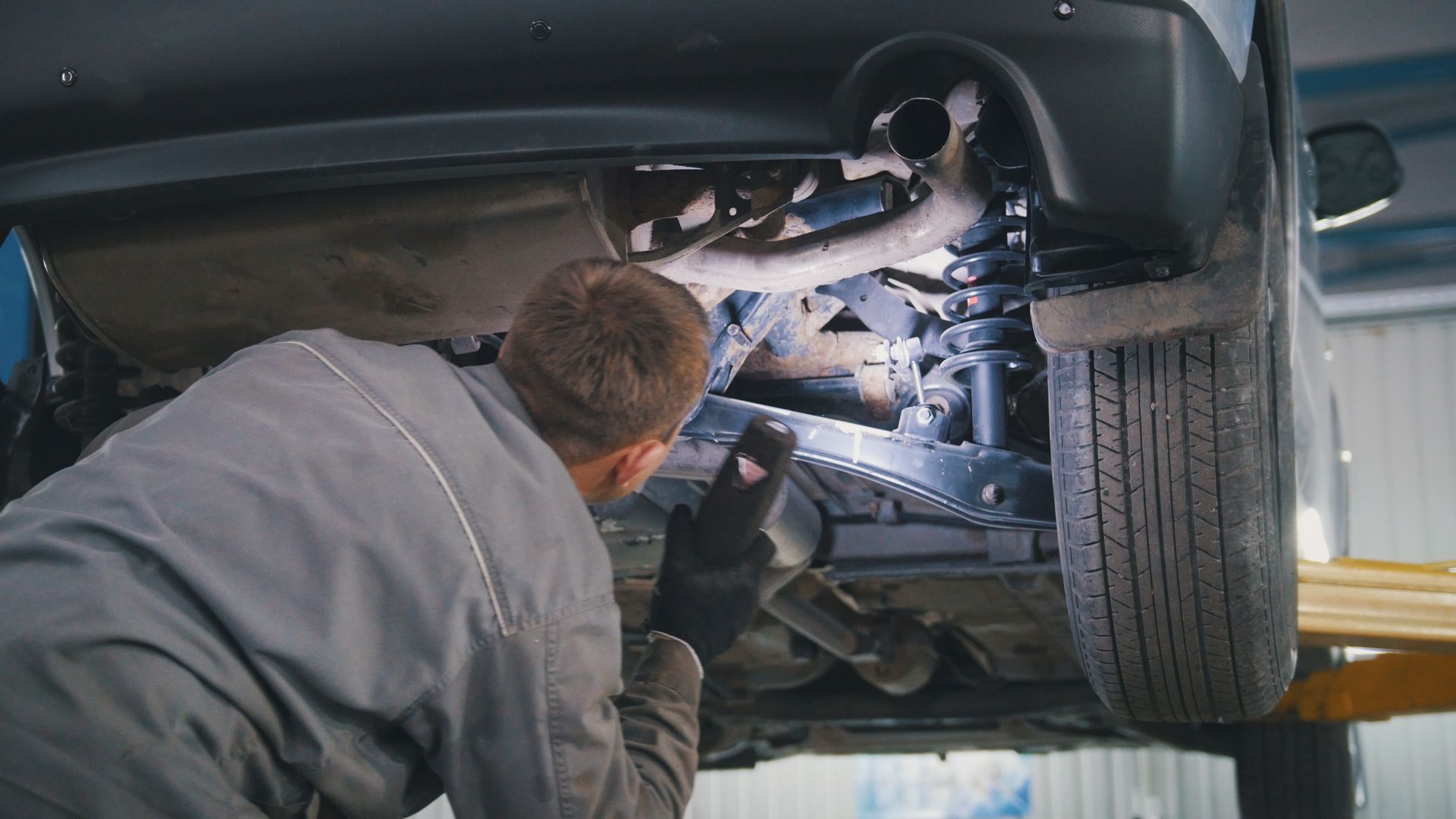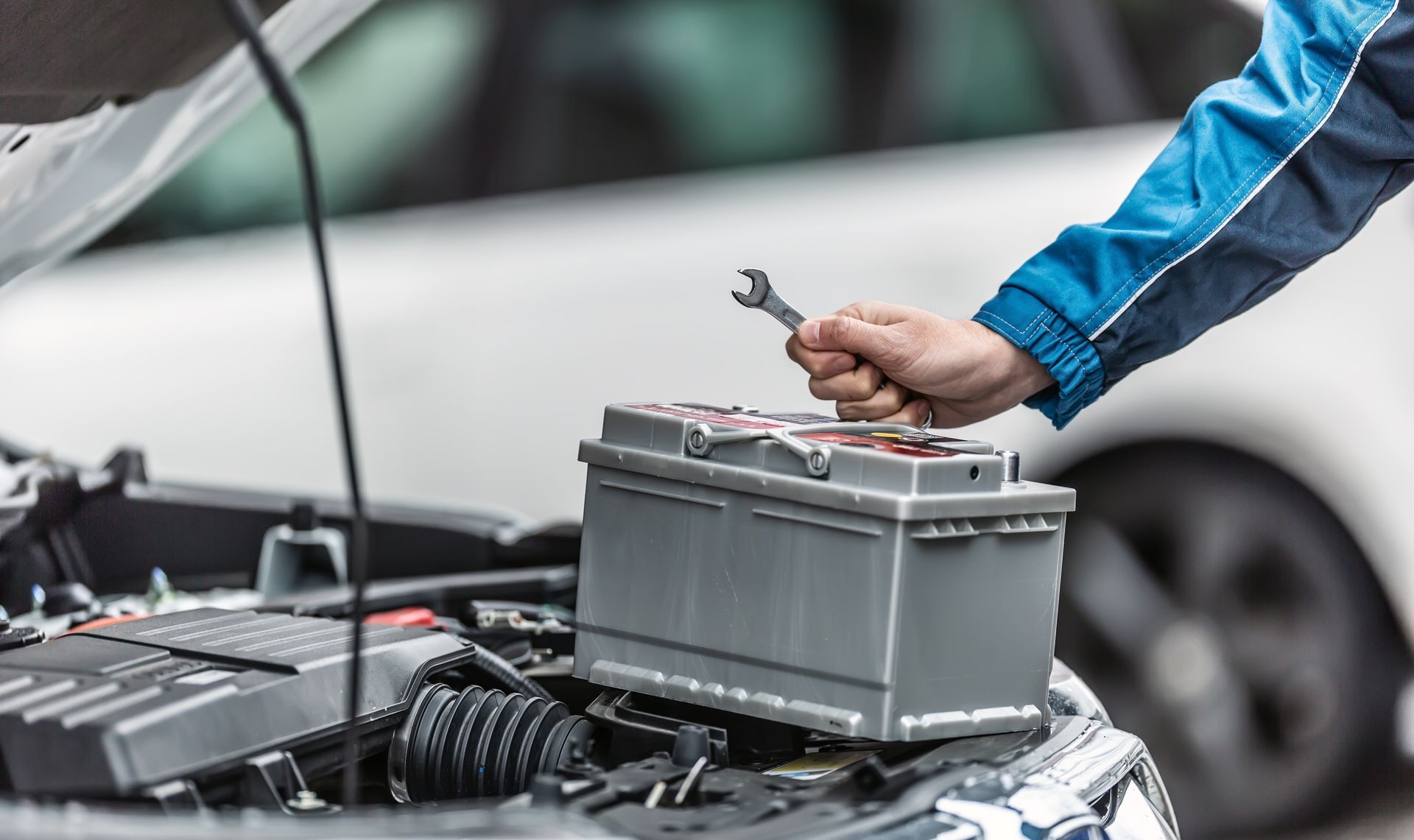Ever notice your engine rev slightly at a stoplight, even when your foot's firmly on the brake? Maybe the RPMs dip and climb a bit, or you hear the engine gently surge for no clear reason. It’s not always dramatic, but it’s definitely worth paying attention to.
Small fluctuations in idle speed like this can point to a minor issue with airflow, fuel delivery, or engine sensors—and while it might not be urgent, it’s something you don’t want to ignore for too long.
Idle Air Control Issues
One of the most common reasons for this problem is a faulty Idle Air Control (IAC) valve. This component regulates the amount of air entering the engine when the throttle is closed, like when you're at a stop. If the valve sticks or malfunctions, it can let in too much air, causing the engine to rev higher than normal.
Over time, carbon buildup can cause the valve to respond slowly or inconsistently. Cleaning or replacing the IAC valve often restores normal idle function and prevents unexpected surging.
Vacuum Leaks
Engines rely on a balanced air-fuel mixture. When extra, unmetered air sneaks into the intake system through a cracked vacuum hose or gasket, it throws off that balance. The computer reacts by adjusting fuel delivery—sometimes overcompensating and causing engine speed to rise.
Vacuum leaks can also lead to other symptoms like rough idling, stalling, or a check engine light. They’re not always easy to find, but they can cause a wide range of idle-related issues.
Throttle Body Problems
Modern vehicles use an electronic throttle body to control how much air enters the engine. If the throttle plate gets dirty or the sensor inside starts to malfunction, it may not close properly when you release the gas. This can cause the engine to “think” it’s getting a signal to accelerate, even when your foot’s on the brake.
A thorough cleaning of the throttle body often resolves minor issues. If the problem persists, a faulty throttle position sensor or wiring may be to blame.
Engine Control Unit (ECU) or Sensor Malfunctions
Your car’s ECU monitors a wide array of sensors to determine how to keep the engine running smoothly. If any of those sensors provide incorrect readings—like a faulty mass airflow sensor (MAF), coolant temperature sensor, or oxygen sensor—the ECU might miscalculate how much fuel or air the engine needs.
This can cause the RPMs to spike randomly, even while stopped. In some cases, the ECU itself may need reprogramming or replacement, though sensor-related issues are far more common.
Sticking Cruise Control or Accelerator Linkage
In older vehicles with cable-driven throttle systems, a worn or fraying accelerator cable can stick slightly open, causing unexpected revving. Similarly, a malfunctioning cruise control system could trigger acceleration even when it shouldn’t.
Although less common in newer vehicles with electronic throttle control, it's worth checking for mechanical issues if your car isn't drive-by-wire.
Transmission and Torque Converter Issues
If your vehicle is an automatic, a faulty torque converter or transmission sensor might also cause idle RPMs to behave oddly. These issues usually come with other symptoms—like harsh shifting, slipping, or delayed acceleration—but they can sometimes show up as a high idle at stoplights or in park.
Because these issues relate to how power is transferred from the engine to the wheels, they can indirectly affect how the engine behaves at low speeds.
Get Your Vehicle Checked
A one-time idle surge might be a fluke, but if your engine revs up consistently when stopped, it’s a sign that something needs attention. Uncontrolled engine speed can waste fuel, cause premature wear, and in some cases, make the car harder to control—especially in tight spaces.
You should especially take notice if:
- RPMs consistently spike above normal idle range
- The check engine light is on
- The engine fluctuates or surges at idle
- There’s a noticeable delay when shifting from park to drive
Evergreen Auto Repair – Idle and Engine Performance Specialists in Everett, WA
If your engine is revving on its own or behaving strangely while idling, bring it to
Evergreen Auto Repair in Everett, WA. Our team uses advanced diagnostics to identify vacuum leaks, sensor issues, throttle problems, and more. We’ll pinpoint the cause and fix it before it leads to bigger problems.


